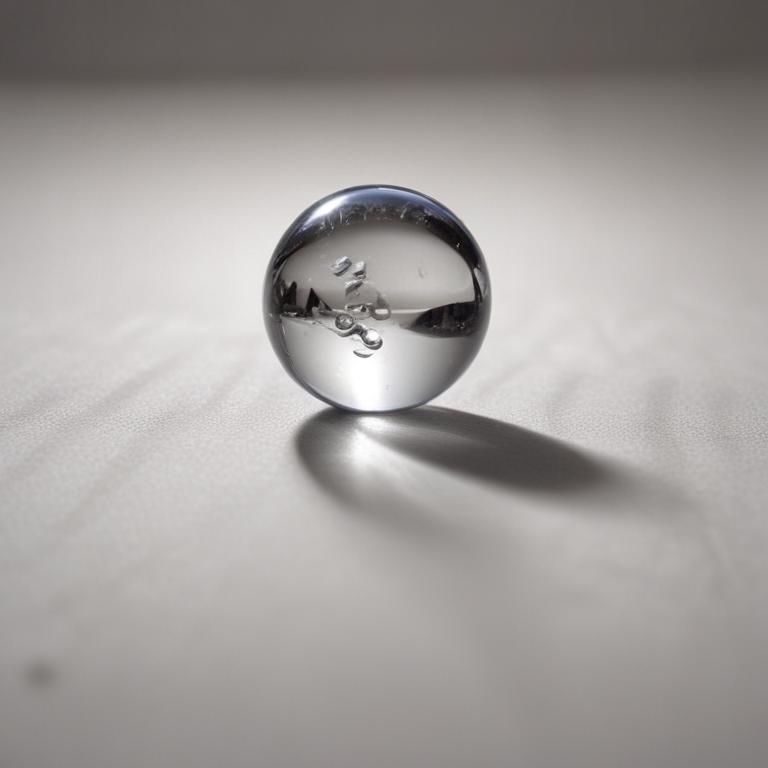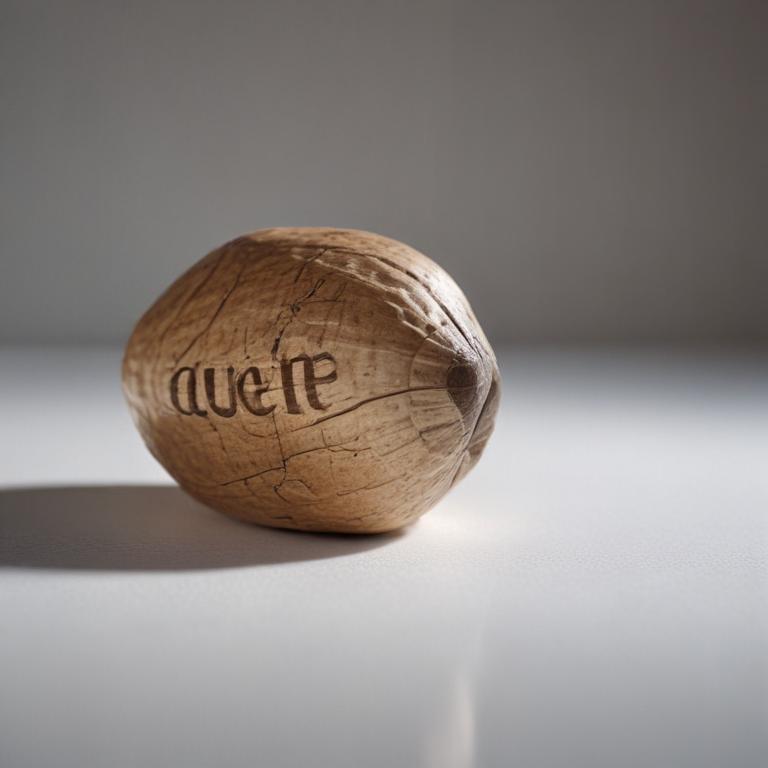发音 (Pronunciation):
IPA: /kwaɪt/
中文近似: 快特
中文意思与词性 (Meanings & Part of Speech):
- 相当,非常(表示程度) (副词)
- 完全,彻底(强调全部) (副词)
例句 (Examples):
1. This book is quite interesting.
(这本书非常有趣。)
2. She was quite alone in the big house.
(她在这座大房子里完全是一个人。)
用法提示 (Usage Tip):
“quite” 在英式英语和美式英语中使用略有不同。在英式中,“quite”常表示‘相当’,而在美式英语更常表示‘非常’。此外,注意辨析“quite”、“very”和“pretty”。
更多关于 "quite" (More about "quite")
单词来源 (Etymology)
“quite” 源自中古英语 “quit(e)” ,意为“完全”,最初与拉丁语 “quietus”(安静的,平静的)相关,后逐步转化为强调全部或程度副词。
词根词缀解析 (Root & Affix Analysis)
这是一个基础英语词汇,原为“quit”的旧式拼写,后来演变为现代用法。没有明显的词根词缀结构。
“quite”的字母与词根个性化解读
字母象形/引申义 (个性化参考)
- 字母 'q' 的象形或引申含义可能包括: 猴子 -> 尾巴 -> 排队; 音变: QU=C=K。
- 字母 'u' 的象形或引申含义可能包括: 中空 -> 容器 -> 用具 -> 使用; 音变: U=V=W; U=A=E=I=O=Y。
- 字母 'i' 的象形或引申含义可能包括: 我 (an, any, one -> 人); 水滴 -> 水 (ice); 尖, 一点, 小 (inch); 元音互换: A=E=I=O=U=W=Y。
- 字母 't' 的象形或引申含义可能包括: 顶端 -> 记号/标志; 手杖 -> 抓 -> 手 -> 伸展 -> 指示代词; 支撑 -> 站立; 三叉 -> Tr转换/转; 分叉; 音变: T=D=S=TH。
- 字母 'e' 的象形或引申含义可能包括: 眼睛 (窗户符号引申); 向外 (ex-变体); 元音互换: A=E=I=O=U=W=Y。
词根/组合解读 (个性化参考)
- 单词中的片段 'it' (源自词根/组合 'it') — 含义: 走; (来源提示: exit=ex+it).
学习提示:以上针对单词 quite 的字母和词根解读,主要基于提供的特定象形及词根资料。这些提示旨在启发联想,而非绝对定论。更通用的记忆规则和原则请参考首页。英语词源复杂多变,实际应用中请结合更全面的词源词典和语言学知识进行深入学习。
常用词组 (Common Phrases)
- quite a few: 相当多(的人或物)
- not quite: 还不完全,不太
其他语言 (Other Languages)
- 德语: ziemlich
- 法语: assez
字母整体创意联想
单词“quite”首字母q像个气球,凸显出“轻盈、升高”;u像一只小船,t像一根高高的旗杆,i是旗杆上的点,e则如微笑的嘴,整个单词形状给人一种上升和增加的感觉,对应“程度上升”或“完全”。
逐字母创意解读
中文谐音助记
“quite” 谐音“快特”,可以理解为“快特别了”即“特别,非常”,帮助记忆“程度高”或“完全”的意思。
相关电影/名言
"This is quite a story."
(这真是一个了不起的故事。)
- 《泰坦尼克号》(1997)
趣味知识/故事
在英式英语中,“quite”被用作夸奖时并不像美式那样强烈。例如,英国人说 something is 'quite good',实际上只是‘还可以’,并不是真正的‘非常好’,这容易让学习者误解其褒义强度。
拓展信息
1. “quite”与“very”都能表示程度,但“quite”含义更中性;“quite”也可用于修饰形容词和副词,甚至名词短语,但常见搭配有限。
2. 英美用法差异:在美式英语里,“quite”常用于加强语气,如 'quite sure'(非常确定);英国人则更常用“quite”表示“比较”。
3. 否定用法:“not quite”常用于表达“还不完全”——比如 'not quite finished' 即“还没做完”。
网络参考 (More about "quite" from the Web)
Quiet vs. Quite: What's the Difference? - Grammarly
Learn how to use quiet and quite correctly in sentences with examples and definitions. Quiet is an adjective or verb related to sound, while quite is an adverb that intensifies other words.
QUITE Definition & Meaning - Merriam-Webster
The meaning of QUITE is wholly, completely. How to use quite in a sentence. wholly, completely; to an extreme : positively —often used as an intensifier with a; to a considerable extent : rather… See the full definition. Games; Word of the Day; Grammar; Wordplay; Slang; Rhymes; Word Finder; Thesaurus; Join MWU; More. Games ...
QUITE | English meaning - Cambridge Dictionary
Learn the meaning and usage of the adverb quite in English. Quite can express degree, certainty, agreement, emphasis, or contrast, depending on the context and the word that follows it.
更多图片 (quite More Images)

